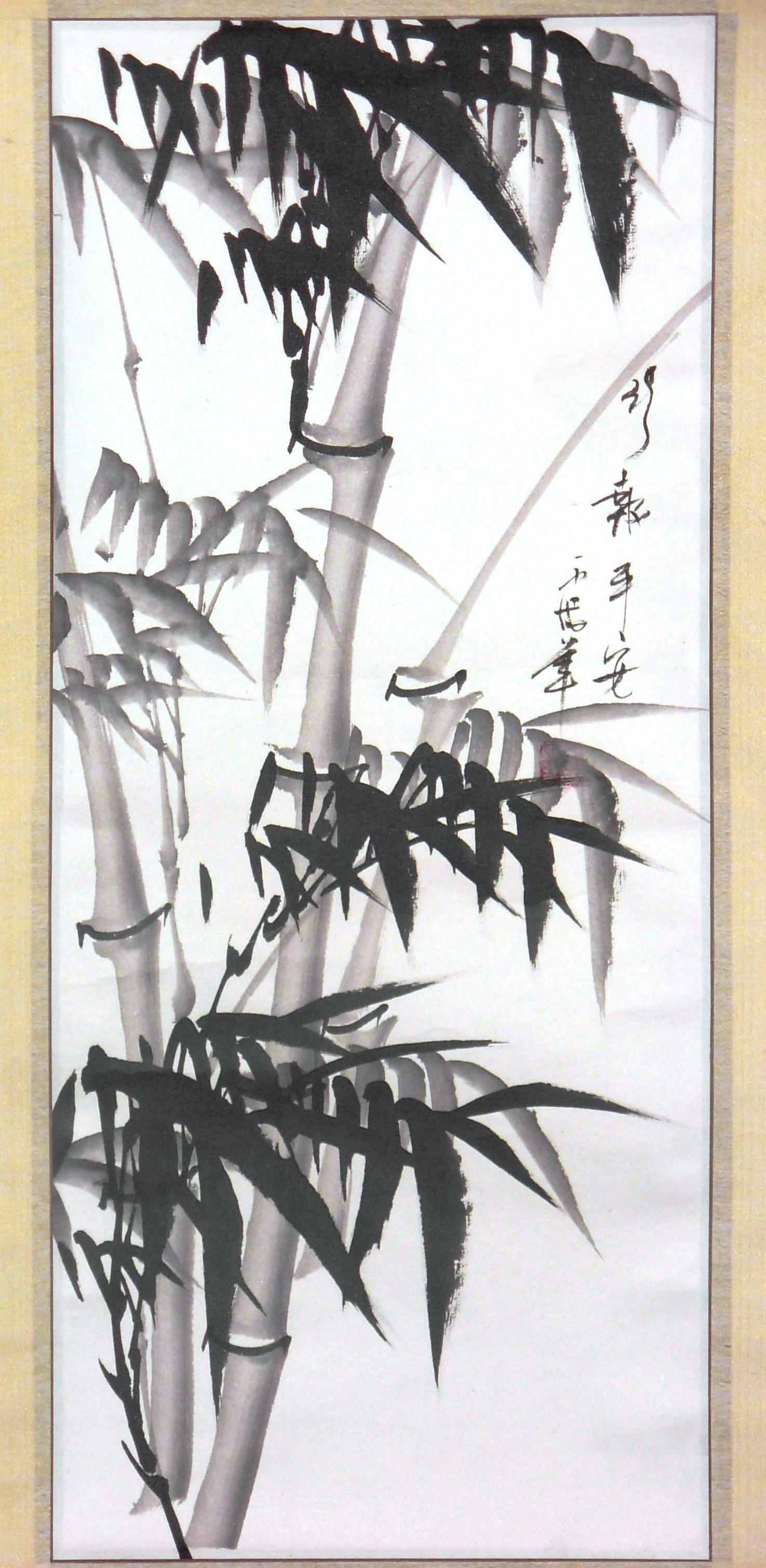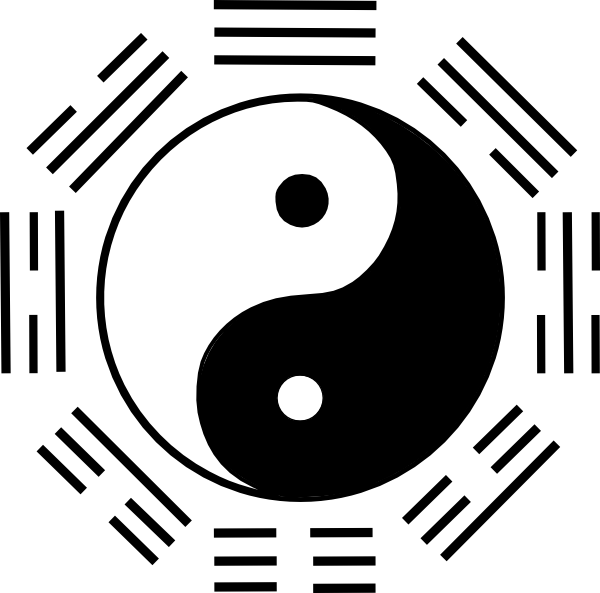 Acupuncture FAQ
Acupuncture FAQ
1. What is Acupuncture?
2. How Does Acupuncture Work?
3.
Is There Any Modern Scientific Research that Proves
that Acupuncture Works?
4.
Does
It Hurt When An Acupuncture Needle is Inserted?
5.
What Should I Expect On My First Visit?
6. How Many Treatments Will I Need?
7. Are There Side Effects to Acupuncture?
8. How is Acupuncture Different Than Dry Needling?
9. Does Insurance Cover Acupuncture?
1. What is Acupuncture?
Acupuncture involves
the placement of very fine needles into specific points of the body called acupoints. These acupoints are located throughout
the entire body along specific energy channels called meridians.
2. How Does Acupuncture Work?
Several thousand years ago,
the ancient East Asian healers believed that the body was filled with a substance of pure energy known as Qi (pronounced Chee).
They mapped out the specficic energy pathway channels that they called meridians, and it was through these meridians
that they believed the Qi flowed. They believed that the acupuncture points were found along these meridians. The ancient
healers from East Asia also believed that when the flow of Qi through the meridians was blocked or obstructed in any
way, that sickness and disease would result. By putting acupuncture needles into specific acupuncture points,
the healers noted that Qi flow was stimulated, and the person’s health was improved and restored. Recent research has
shown that these ancient healers were absolutely correct in their findings.
3.
Is There Any Modern Scientific Research that Proves that Acupuncture Works?
Recent research has shown
the following clinical findings about the effectiveness of Acupuncture:
- Acupuncture stimulates the release of serotonin and dopamine in the
brain which reduce the feelings of stress and anxiety
and leads to feelings of calmness and well-being.
- Acupuncture stimulates the release of endorphins and enkephalins (natural
pain killers) and other opioides in the brain and spine .
- Brain scans on people receiving acupuncture shows significant electrical changes in the brain, especially
in the areas that control pain and behavior.
- Acupuncture
changes the pattern of blood flow through the body, thereby stimulating healing.
- White blood cells migrate to the area of needle insertion, thereby stimulating
the bodies natural immune defenses.
4.
Does It Hurt When An Acupuncture Needle is Inserted?
The needles are very thin. They are nothing
at all like the hypodermic needles used by Western medical professionals. Each acupuncture needle is sterile, is used
only once, and then is disposed of in a medical waste container. After insertion of the needle, some people may
feel a slight tingling, pulling, tugging, or heavy sensation at the point of insertion that lasts for only a few seconds.
Acupuncturists call this "obtaining the Qi" (chee). This is a normal sensation and indicates that the
treatment is working. Some people may not feel any sensation at all. Each person will have their own unique experience.
5. What should I expect on my first visit?
The first visit to an acupuncturist usually begins with the practitioner taking a detailed health history. After careful
review of your history, the practitioner will begin to diagnose your ailment using an East Asian Traditional Medical Diagnosis.
Palpation (to explore by touch) of various acupuncture points on the body, an examination of the tongue, and the taking of the pulse
are common diagnostic techniques in Acupuncture Medicine. Using all of this information, the practitioner will then determine
the cause of your symptoms and ailments. Needles will be inserted into very specific acupuncture points on the body.
The acupuncturist may use moxa, cupping, scraping (gua sha) or electrical stimulation to enhance acupuncture session's therapeutic
effects. Your first visit will take about 60-75 minutes, with subsequent visits lasting about 50-60 minutes.
6. How Many Treatments Will I Need?
Some people respond quickly to treatments, and others respond more slowly. Generally speaking, the longer a person has had
a condition, the longer it might take for it to reverse. Occasionally, a patient with a long term problem may respond
very quickly. You should plan on seven to ten acupuncture treatments to either effect a cure, relieve symptoms partially or
totally, or to see no response at all. After this initial course of acupuncture treatments, the treatment plan will
be reassessed.
7.
Are There Side Effects to Acupuncture?
When practiced by a licensed acupuncture professional, acupuncture
is generally safe and free of any side effects.
8. How Is Acupuncture Different From Dry Needling?
All dry needling is considered acupuncture in the state of
Pennsylvania (PA) and must only be performed by a clinical practitioner who is licensed to perform acupuncture in PA.
Acupuncture involves the insertion of thin stainless steel needles into different acupuncture
points to affect the flow and amount of energy in the body. This energy is known as Qi (pronounced chee). When
Qi is in balance, the patient has a sense of great well being and health. Also, when Qi is in balance, many symptoms of poor
health will disappear. Dry
Needling involves the insertion of the
same type of acupuncture needles into trigger points in muscles and neuromuscular points. These trigger points create
pain in different areas of the body. When the trigger point is released through dry needling, the pain subsides. Acupuncturists
are trained in both acupuncture and dry needling and we at Acupuncture For Life treat our patients with both acupuncture and
advanced dry needling.
9.
Does Acupuncture for Life Accept Insurance?
We do not
submit insurance claims from this office. However, Acupuncture For Life will be happy to supply you with a detailed,
itemized receipt of your visit if you wish to attempt to submit your visit fee to your insurance company for
reimbursement . We do,
however, accept Health Savings Accounts (HSA) or Flexible Spending Accounts (FSA). If you have an HSA or FSA through
your employer, acupuncture will most likely be covered under the list of services. Check with your employer. Be
sure to bring your HSA or FSA card with you to your visit.
